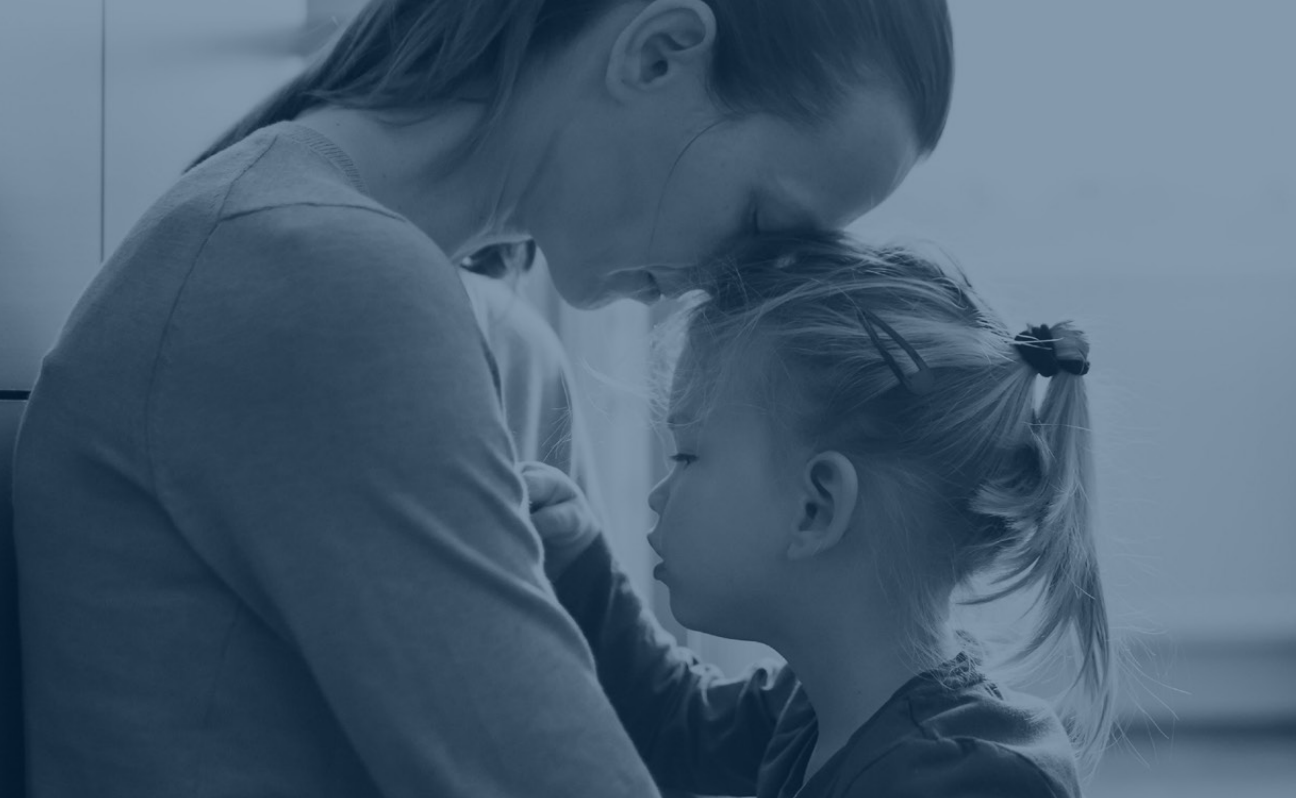Schools which meet the needs of the most vulnerable do better for all children
Blog by Gareth Williams-James, Individual Member of Eurochild and experienced service leader promoting educational success for children in alternative care, on how the education of children in alternative care is supported in the UK.
Some years ago, I asked the headteacher of a school to talk to a conference of school leaders about changes that the school staff had made to help a particular child. The child about whom the headteacher spoke had been adopted from care and, on commencing in his new school, was supported by my service in partnership with an adoption support service. On completing the presentation, the head teacher said this:
“We had to completely change the way we ran our school for this child ... and it is now a better school.”
Although the headteacher was too modest to mention it, the government’s inspection service had just described the school as “outstanding.”
That conference was twenty years ago and, since then, I have heard the same message from school leaders many times: when school staff change how they run the school to take account of the needs of children who have experienced trauma, the school becomes a better school and all children benefit.
A few years before that conference, research showed children in alternative care were much more likely to have poor educational outcomes with many not attending school. To address this, the government undertook a focused plan, called Education Protects. The Secretary of State for Education wrote a short article for the plan where he put forward the idea that each local authority should have “some sort of virtual headteacher” who would be responsible for, in the same manner as the headteacher of a school, ensuring that every child in the care of each authority would be attending school and be supported to achieve their potential. From this use of the term “virtual” there grew the idea of a “virtual school” which would track the education of children in alternative care and support them to do well in their physical schools. The confusion between this service to children and an online school remains to this day!
By 2005, a handful of fledgling Virtual Schools existed in England and, in 2007, the government decided to fund a pilot of the idea. The pilot was successful and in 2014, the Children and Young Persons Act, required every local authority in England to appoint a Virtual School Headteacher. A grant was provided for each Virtual School Headteacher to manage and the National Association of Virtual School Heads was established. There are also Virtual School Headteachers now in Scotland with similar support services in Wales and Northern Ireland.
You can find the latest findings of the ongoing review of Virtual Schools here, but perhaps the best messages have come from young people themselves:
“Just wanted to let you know that I’ve been accepted for a graduate role at IBM as a software engineer starting next September ... a huge thank you to you all for helping me get here. You were all instrumental in helping me navigate pivotal parts of my childhood and keeping on track so I cannot emphasise how grateful I am...” - Luke
“I would like to thank Virtual school for everything they have done for me. They never gave up on me when things were going really wrong at school... I really enjoy my lessons now...” - Mackenzie
If you’d like to know more about Virtual Schools and Gareth's experiences as a Virtual School Headteacher, please contact Gareth Williams-James, Educational Success for Care Experienced Children and Young People and Individual Member of Eurochild.




